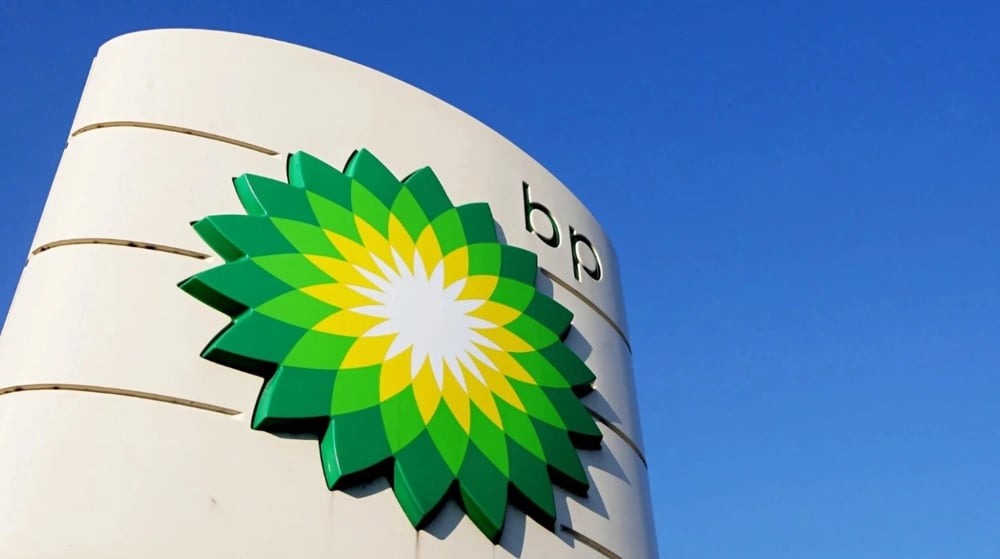BP Evaluates Strategic Opportunities for Castrol as Buyout Interest Intensifies
BP Plc $BP faces a transformative decision as it explores options for its Castrol business, fueled by mounting acquisition interest from global energy groups and leading private equity funds. Sources close to the matter indicate that BP has circulated early-stage materials to targeted parties, including key industry players like Reliance Industries Ltd. $RELIANCE.NS and major financial sponsors such as Apollo Global Management Inc. $APO and Lone Star Funds. Investment groups Brookfield Asset Management Ltd. $BAM and Stonepeak Partners have also received information dossiers, highlighting the scope of market appetite for Castrol’s established business.
Driving Forces Behind Castrol’s Appeal
The valuation for Castrol in this potential transaction ranges between $8 billion and $10 billion USD, mirroring robust global demand for resilient midstream and downstream assets. The Castrol platform’s long-standing presence, brand value, and extensive distribution channels elevate its attractiveness amid a dynamic consolidating lubricants landscape.

Market Reaction and BP Share Dynamics
BP stock rose by 0.8% as of 9:43 a.m. in London, reflecting cautious investor optimism surrounding the prospective deal. The company's market capitalization reached approximately 58 billion GBP, underscoring the substantial scale of BP’s global standing and the possible impact of a deal on future capital deployment strategies.
Key Catalysts Energizing Buyout Interest
Strong recurring revenue and margins sustained by Castrol's global brand equity;
Industry-wide push for consolidation among lubricants and industrial product suppliers;
Access to advanced distribution infrastructure supporting sales diversification;
Opportunity to unlock operational efficiencies and scale for both financial sponsors and strategic acquirers;
Platform for future expansion, including potential cross-market integrations and synergies.
Strategic Implications of the Potential Transaction
A sale of Castrol would showcase BP’s commitment to active asset rotation while reinforcing its capital discipline principles. Proceeds from divestment could be redeployed toward prioritized low-carbon investments, debt reduction, or operational optimization in BP’s core segments. Simultaneously, successful acquirers would obtain a ready-made operator with strong penetration in mature and emerging markets, supporting wider consolidation narratives in the sector.

Impact on the Broader Lubricants and Energy Sectors
Completion of a Castrol transaction could prompt further dealmaking across the lubricants sector, as industry and financial players seek to strengthen their positioning in the face of evolving macroeconomic drivers and shifting energy demand. The competitive process outlined by BP illustrates an increasingly sophisticated approach to portfolio management at the intersection of traditional energy and investment capital.
The unfolding competition for Castrol positions BP at a strategic crossroads, with both industry incumbents and financial buyers recognizing the value embedded in well-established downstream assets. The next phase in this process will likely influence not only BP’s near-term balance sheet, but also broader consolidation trends across global lubricants and industrials.















Comments